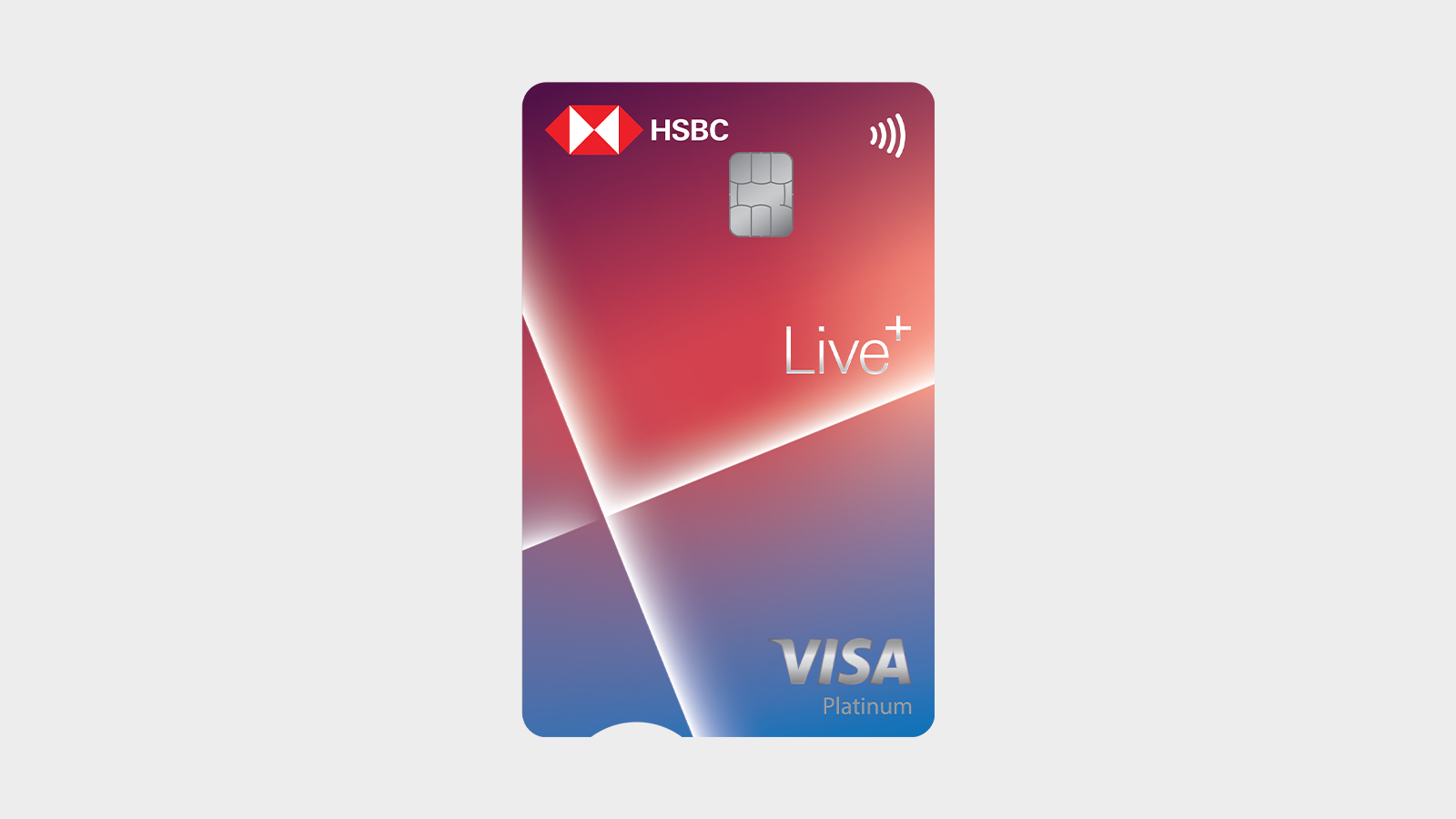HSBC agrees to sell retail banking business in Sri Lanka to Nations Trust Bank (NTB)
The Central Bank of Sri Lanka (CBSL) has approved the sale of HSBC Sri Lanka’s Retail Banking business to Nations Trust Bank PLC (NTB). The transaction includes accounts, credit cards and retail loans of approximately 200,000 customers.
This regulatory approval is a necessary and very important step to advance towards the completion of the transaction which would be in the second quarter of 2026.
At this stage, there is no immediate change for our customers. HSBC Retail Banking services will continue to operate as usual.
HSBC will continue to work closely with NTB on the remaining steps required to complete the sale, including operational and regulatory requirements, and we will continue to keep our customers updated as we move through the transition period.
Please update any changes to your contact information including mobile number, email address and residential address via usual channels to help us communicate with you seamlessly during the transition.
• Find answers to frequently asked questions.
If you have any more questions, please continue to contact us through the usual channels.






